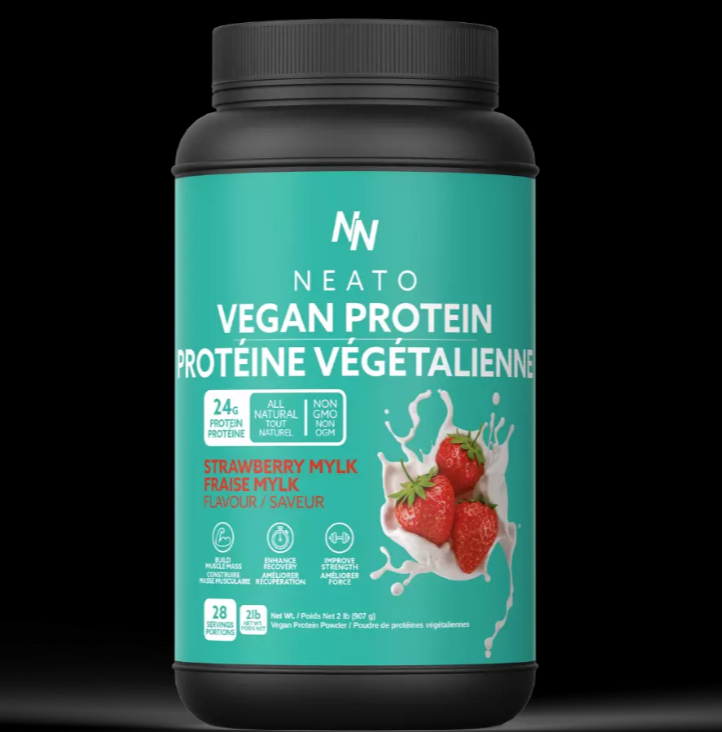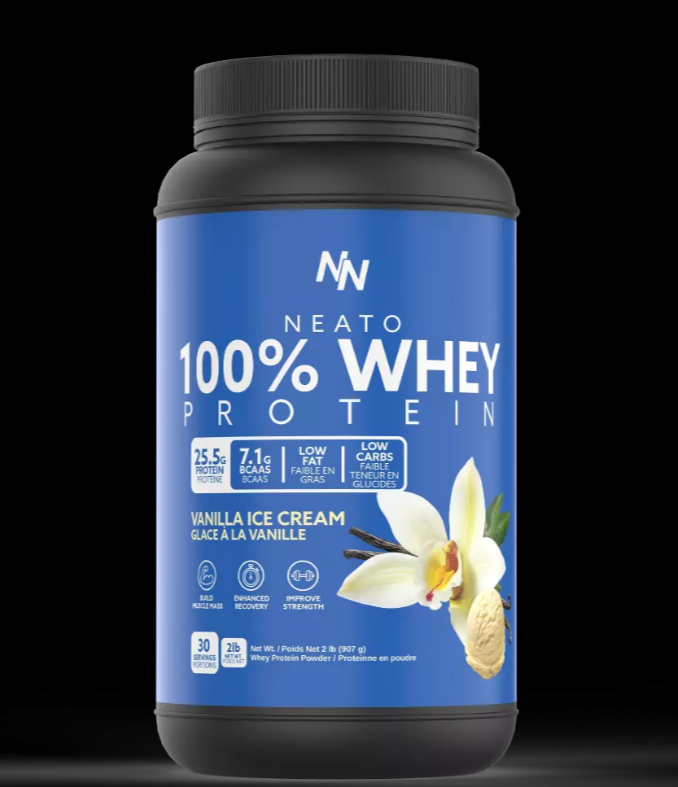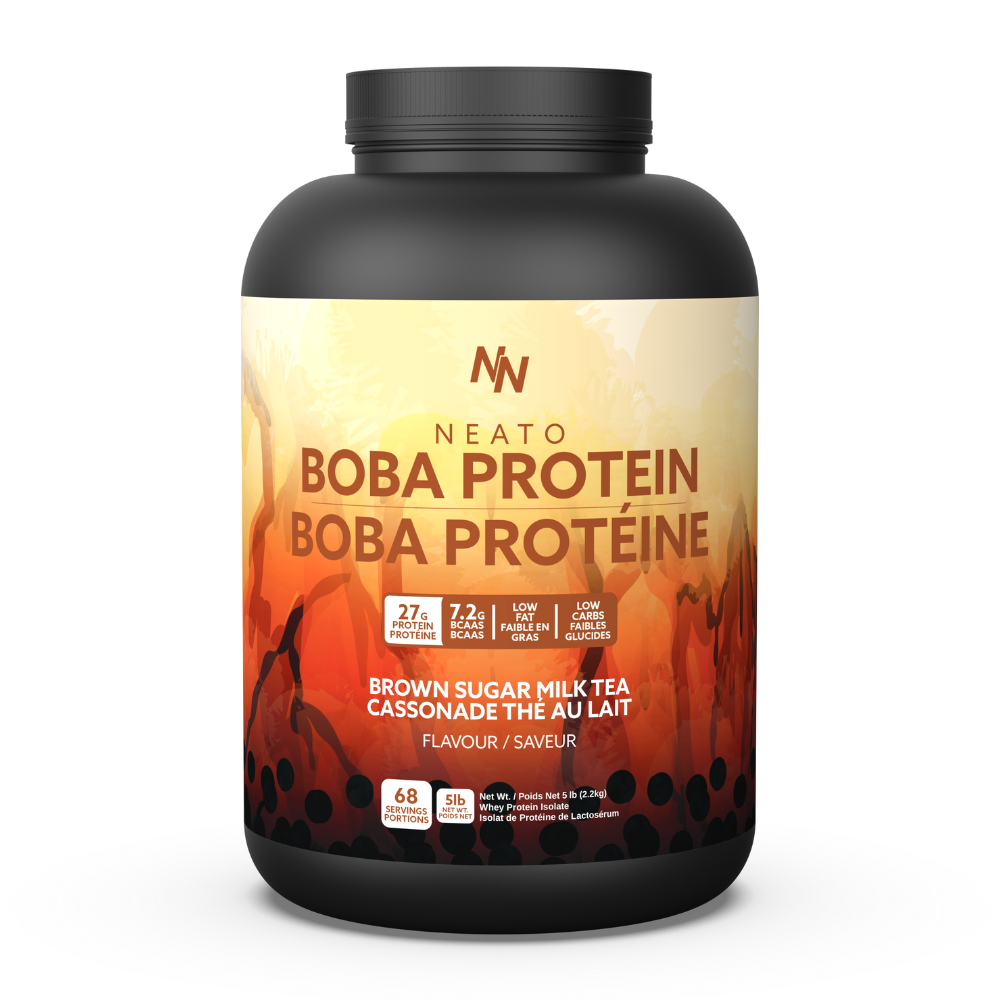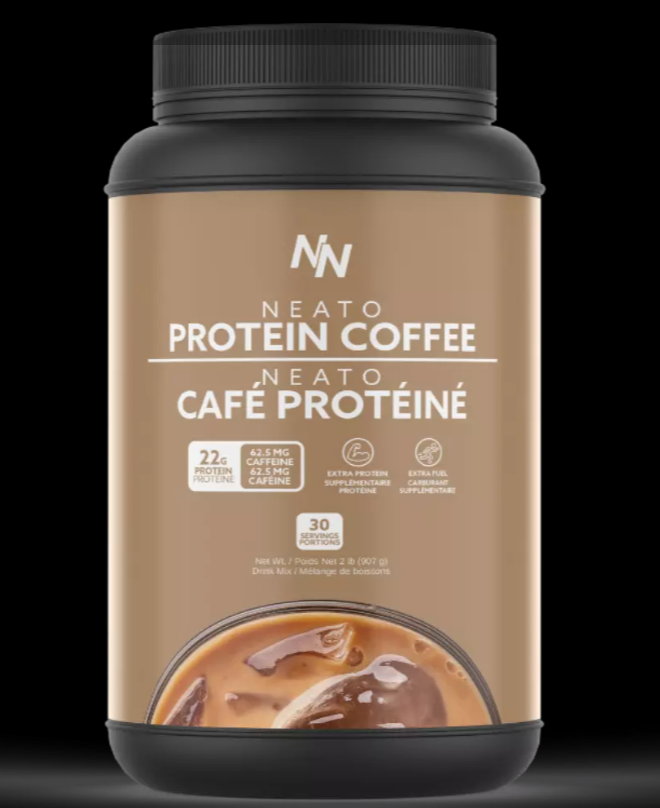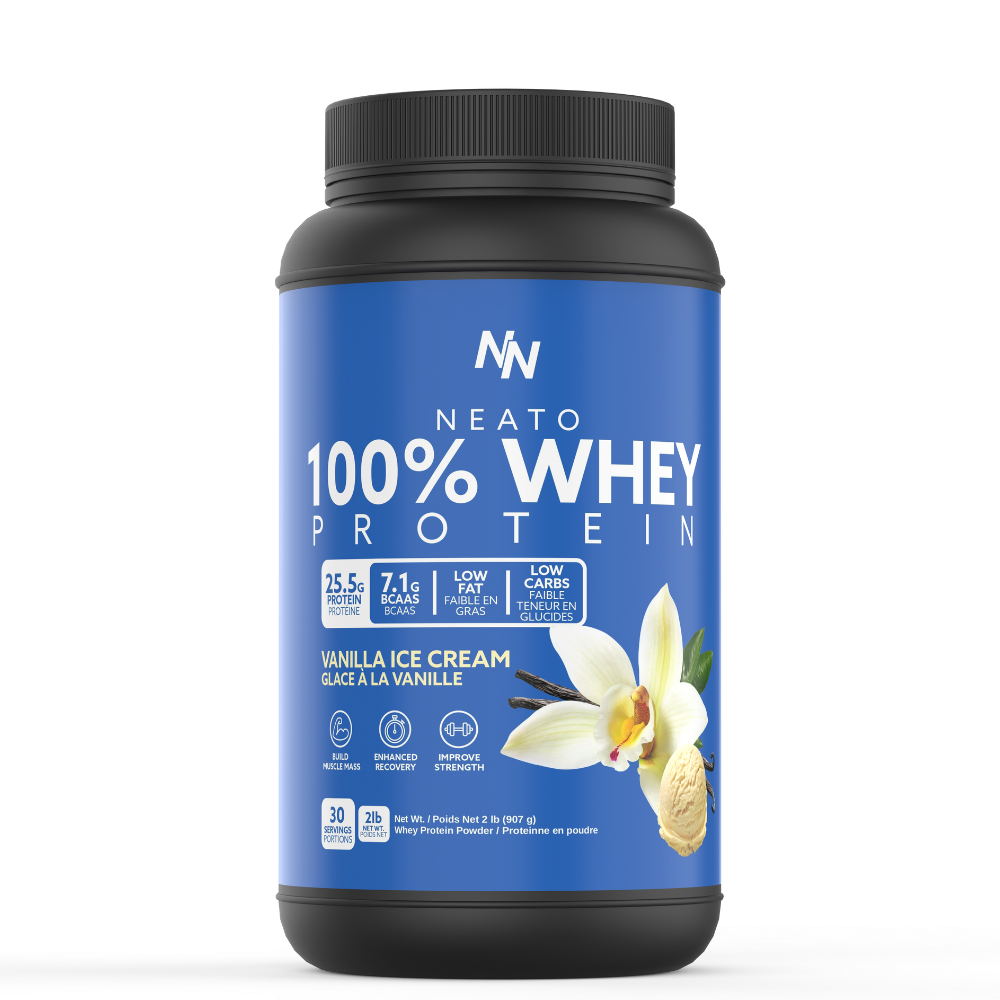Protein powder is one of the popular nutritional supplements. Protein is a key macronutrient that helps to build muscles, and bone, repair tissue, and make enzymes and hormones. It also stays you fuller longer and reduces appetite.
There are many different sources of protein powder including animal-based and plant-based. While protein powder can be a beneficial addition to some people’s diets, not everyone needs to supplement with it.
Protein powders are very popular among bodybuilders and athletes, they need protein powders to meet their higher needs, however, most people already get enough protein in their diet. The RDA (Recommended Dietary Allowance) is 0.8 grams of protein per kilogram of body weight. It may vary according to a person’s age, sex, physical activity, health status, and muscle mass.
Most people don’t need protein powder supplements, but if you are not getting enough protein from your diet and want an easy source of protein, you should add a protein-powder supplement to your diet.
Health Benefits of Protein Powder
Protein is necessary to build blocks of bone, muscle, and skin. Our body also needs it to make hormones, enzymes, and other chemicals. Apart from these, there are other health benefits of protein powders:
Weight Management
If you are taking protein-rich foods or supplements, they may help you feel fuller for longer. Feeling full tends to result in smaller portion sizes and less frequent snacking, which can help a person maintain a healthy weight or lose weight if necessary.
In a study, it was found that supplementing with whey protein might reduce body weight and total fat mass in people who are overweight or obese.
It also reduces blood pressure, cholesterol, and other risk factors for cardiovascular diseases.
Muscle Growth
Protein is also essential for muscle growth. Athletes and gym enthusiasts take protein powder because they believe that these drinks will help them bulk up after strength training.
In studies, it is found that protein supplementation significantly improves muscle size and strength in healthy adults who perform resistance exercise training, such as lifting weights.
Protein supplementation was equally effective in men and women but the effectiveness may vary. The effectiveness of protein powder depends on the person’s age, as older adults have higher protein requirements than younger people.
After Exercise Recovery
Protein also helps in repairing damaged muscles and tissues. As a result, gym enthusiasts and athletes may use protein powder to speed up recovery from muscle soreness after exercise and other intense physical activity.
Many studies also tell that taking protein supplements after exercise can aid recovery by reducing muscle damage and improving muscle performance and muscle protein synthesis.
Provides nutrition
Individuals who find it difficult to meet their daily protein intake, especially vegans and vegetarians, should find protein powder supplements to fulfill their daily protein requirement.
Gym enthusiasts, Athletes, older adults, and people with a chronic illnesses may need to exceed the general protein intake recommendation.
According to the research, athletes and weight lifters should take twice the daily recommended intake of protein, ranging from 1.4 to 2.0 g per kg of body weight.
Types of Protein Powder
There are many different forms of protein powder, available in the market, whey protein is the most popular one. Some common types of protein powder are:
- Whey: This is a water-soluble milk protein and is very popular among athletes. It is a complete protein, that contains all of the amino acids that the human body requires, also they are quickly and easily digestible.
- Hemp: Hemp seeds are also complete proteins that have essential fatty acids. This makes hemp an excellent choice for vegans or those with dairy or soy allergies.
- Casein: This is a glutamine-rich protein supplement, that helps to speed up muscle recovery after exercise. They come from dairy products, it takes time to digest, so the best time to take casein-based protein powder is at night. Also, they are not recommended for vegans and people with milk allergies.
- Soy: Soy protein is a good alternative to whey or casein for people who do not consume dairy. It also contains all the essential amino acids.
- Pea: Pea proteins are the best plant-based protein powders, which are a high-quality alternative to soy and dairy-based proteins. Pea protein is also a good source of the amino acid arginine.
How To Use Protein Powder?
Before taking protein powder supplements, people should calculate their nutritional needs. Those who don’t get enough protein from their diet could consider supplementing with protein powders and always avoid consuming too much protein.
It is also found that long-term excessive consumption of protein may damage the kidneys and liver and affect the body and calcium balance. The exact time of protein supplementation is confused. Some suggest taking protein powder after the workouts and any rigorous physical activity, while others tells that taking protein supplements with meals is more effective for weight management and reducing fat mass.
You can simply mix your protein powder with water according to the directions on the packaging, or blend protein powder into milk or fruit and vegetable smoothies.
Takeaway
Protein powders can be helpful for many people like athletes, older adults, vegetarians, and vegans. They fulfill your daily requirement for protein.
However, you don’t require any protein supplement, if you take protein-rich foods like meat, fish, dairy, and eggs and do not do intense weight training are unlikely to need to take protein supplements.
If you are thinking of consuming a protein powder supplement, you should consult with your healthcare provider or dietitian before using it.
Also, choose a reputable local or online store or supplier to buy protein powders. Choose a high-quality product always.


